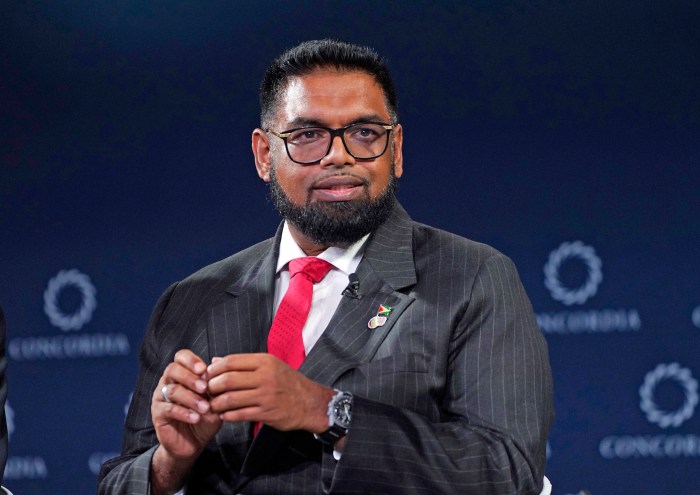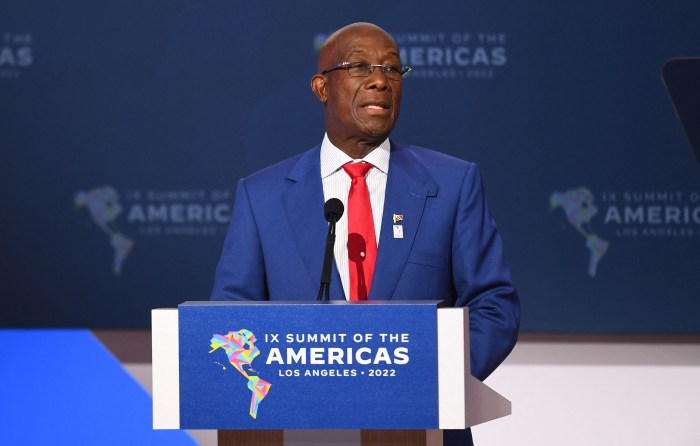Farmers and the general population in Trinidad and Tobago have been told in very plain terms that housing rather than farming is a main priority for the year-old People’s Partnership government as a raging row over the bulldozing of crops by the Housing Development Corporation (HDC) in the past week continues in the country.
Umbrella farming organizations in Trinidad say they are bitterly disappointed with the administration of Prime Minister Kamla Persad-Bissessar after it had raised hopes among the country’s once rapidly declining farming population that food production would have been a priority but based on statements and actions in the past week, it appears that this is quite the opposite.
Government-hired bulldozers moved into farmlands in central and southern Trinidad, kicking farmers off land authorities say had been long set aside for housing developments.
The move set off a string of protest actions and even divided high ranking officials in government with some saying that the farmers should have been allowed to reap their crops then removed from lands on which they were squatting while others say farmers are well aware of the pressure for housing in Trinidad.
The issue has dominated news headlines since the appearance of the bulldozers on the farmlands and forced cabinet to have extended discussions on what is obviously a highly politicized topic.
But speaking more definitively than anyone else since the impasse, the prime minister said that from what she knows, most Trinidadians who approach legislators don’t say they are hungry but need shelter.
“When ministers sit in their constituency offices, almost everyone who comes in is seeking housing. They do come for food, but the most important is housing. We will not back down on the farmers because we have to build houses for people who want homes,” she said, outlining one of the key priorities of her administration that came to power from snap elections at the expense of the People’s National Movement in late May of last year.
The administration had given a strong hint about its desire to increase local food production to help reduce the food import bill as well as the dependency on others to feed its population.
So it had changed the agriculture department into the food production ministry headed by Vasant Bharath.
Bharath has in recent months been strutting around the Caribbean telling anyone who would listen about plans to set up mega farms and provide support services to farmers on a scale not seen in recent years.
He had even said that he had persuaded American fast food outlets to serve cassava and other chips and that in the months to come Trinidad would have up to 30 percent of its wheat imports mixed with cassava and other ground provision flours but farmers say the signals are mixed.
Still authorities have offered farmers compensation for bulldozed crops at market prices and have identified 130 acres in the country to be used for farming.






















